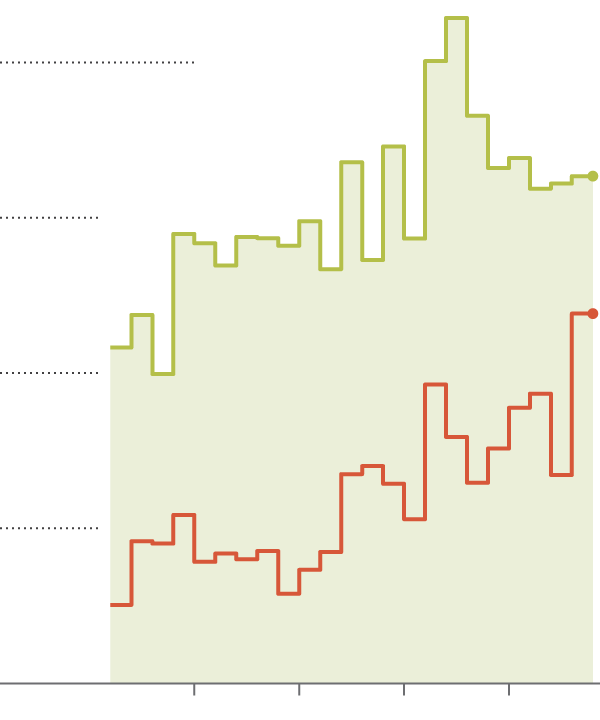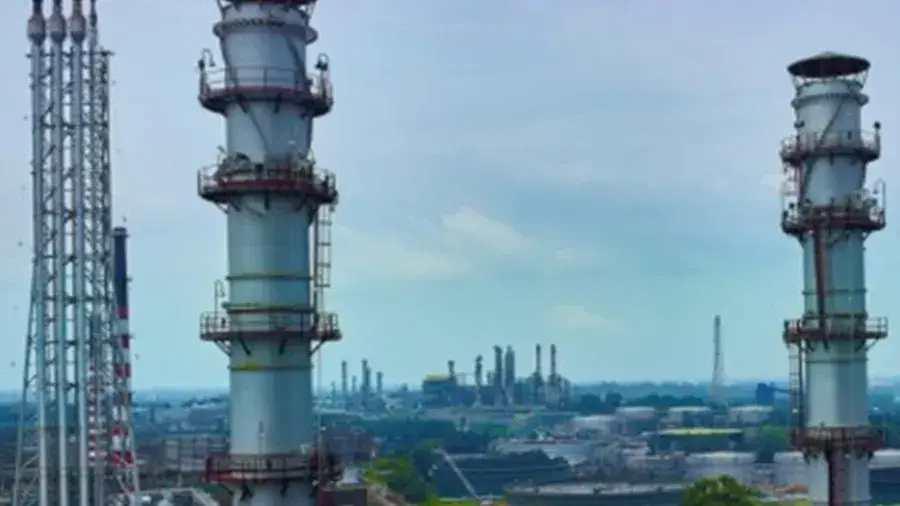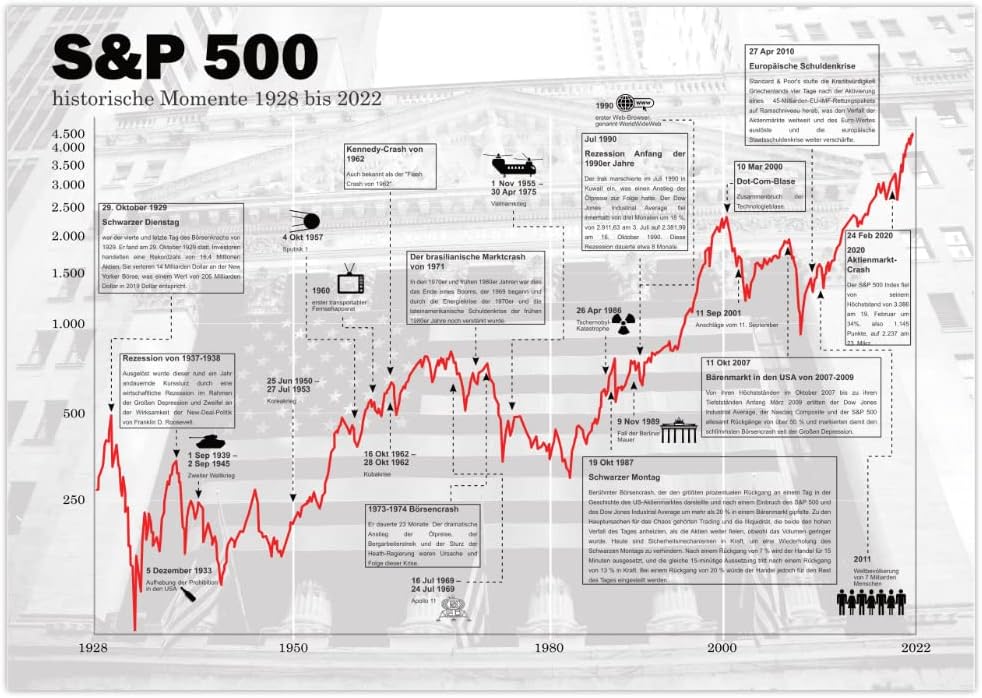Wildfires Drive Unprecedented Global Forest Loss

Table of Contents
The Rising Frequency and Intensity of Wildfires
The increasing frequency and intensity of wildfires globally are inextricably linked to climate change. Prolonged droughts, extreme heat, and shifting wind patterns create a perfect storm for devastating forest fires. These factors, exacerbated by human activities, are leading to longer fire seasons and more readily combustible landscapes.
- Increased average temperatures: Higher temperatures dry out vegetation, turning forests into tinderboxes.
- Longer fire seasons: Delayed rainfall and extended periods of heat significantly lengthen the wildfire risk period.
- Stronger winds: Increased wind speeds accelerate the spread of wildfires, making them exponentially more difficult to control.
- Examples of impacted regions: The Amazon rainforest, Australia's bush lands, and the western United States have all experienced dramatic increases in wildfire activity in recent years, highlighting the global nature of this problem. The sheer scale of these events underscores the urgency of addressing the root causes.
The Devastating Impact on Biodiversity
Wildfires inflict catastrophic damage on biodiversity. The immediate loss of habitats is devastating, leading to displacement, injury, and death for countless plant and animal species. Beyond immediate mortality, the long-term disruption of ecosystems has far-reaching consequences.
- Loss of crucial habitats: Many species rely on specific habitats for survival, and wildfire destroys these critical environments.
- Disruption of food chains and ecological balance: The destruction of plant and animal populations disrupts intricate food webs, threatening entire ecosystems.
- Increased risk of extinction for vulnerable species: Already endangered species are particularly vulnerable to the impacts of wildfires, pushing them closer to extinction.
- Examples of affected species: Koalas in Australia, numerous bird species in California, and countless Amazonian flora and fauna are just a few examples of species profoundly impacted by these devastating events.
The Contribution to Climate Change
Wildfires contribute significantly to climate change, creating a dangerous feedback loop. Burning forests release massive amounts of carbon dioxide (CO2) and other greenhouse gases into the atmosphere, accelerating global warming. The loss of forests, which act as crucial carbon sinks, further exacerbates the problem.
- Release of vast amounts of CO2: Wildfires are a major source of atmospheric CO2, adding to the greenhouse effect and driving climate change.
- Loss of carbon sequestration capacity: Forests absorb and store vast amounts of carbon. Their destruction reduces the planet's ability to mitigate climate change.
- Contribution to a warming climate: The increased CO2 emissions from wildfires contribute to global warming, creating a positive feedback loop that increases the frequency and intensity of future wildfires.
- Magnitude of carbon emissions: The carbon emissions from large-scale wildfires rival those from other major sources, emphasizing the significant contribution to global warming.
Economic and Social Consequences of Wildfires
The economic and social costs associated with wildfires are staggering. Beyond the immediate destruction of property and infrastructure, there are significant long-term impacts on livelihoods, public health, and community well-being.
- Cost of firefighting and disaster relief: The costs associated with battling wildfires and providing disaster relief are enormous, placing a strain on public resources.
- Economic losses from damaged property and infrastructure: Wildfires destroy homes, businesses, and critical infrastructure, leading to substantial economic losses.
- Impact on tourism and other industries: Wildfires can devastate tourism and other industries reliant on healthy ecosystems and attractive landscapes.
- Health problems resulting from smoke inhalation: The smoke from wildfires poses significant health risks, causing respiratory problems and other health issues.
- Social disruption and displacement of communities: Wildfires can force communities to evacuate their homes, leading to social disruption and displacement.
Conclusion
Wildfires drive unprecedented global forest loss, resulting in devastating consequences for biodiversity, climate change, and human societies. The escalating frequency and intensity of these events demand urgent action. The release of massive amounts of greenhouse gases, the destruction of crucial carbon sinks, and the widespread loss of habitats represent a critical threat to our planet. The economic and social costs further underscore the urgency of addressing this crisis.
Join the fight against unprecedented global forest loss driven by wildfires. Learn how you can make a difference! Support organizations working on wildfire prevention and mitigation, advocate for climate action, and educate yourself and others on the importance of forest conservation. Together, we can protect our forests and mitigate the devastating impacts of wildfires.

Featured Posts
-
 Investing In Apple Stock A Look At Q2 Financial Performance
May 24, 2025
Investing In Apple Stock A Look At Q2 Financial Performance
May 24, 2025 -
 Jonathan Groffs Just In Time Opening Lea Michele Daniel Radcliffe And More Celebrate
May 24, 2025
Jonathan Groffs Just In Time Opening Lea Michele Daniel Radcliffe And More Celebrate
May 24, 2025 -
 Joe Jonas The Unexpected Response To A Marital Spat
May 24, 2025
Joe Jonas The Unexpected Response To A Marital Spat
May 24, 2025 -
 Chto My Nasleduem Dostizheniya Pokoleniya I Perspektivy Buduschego
May 24, 2025
Chto My Nasleduem Dostizheniya Pokoleniya I Perspektivy Buduschego
May 24, 2025 -
 Dax Verfall Am 21 Maerz 2025 Auswirkungen Auf Aktien In Frankfurt
May 24, 2025
Dax Verfall Am 21 Maerz 2025 Auswirkungen Auf Aktien In Frankfurt
May 24, 2025
